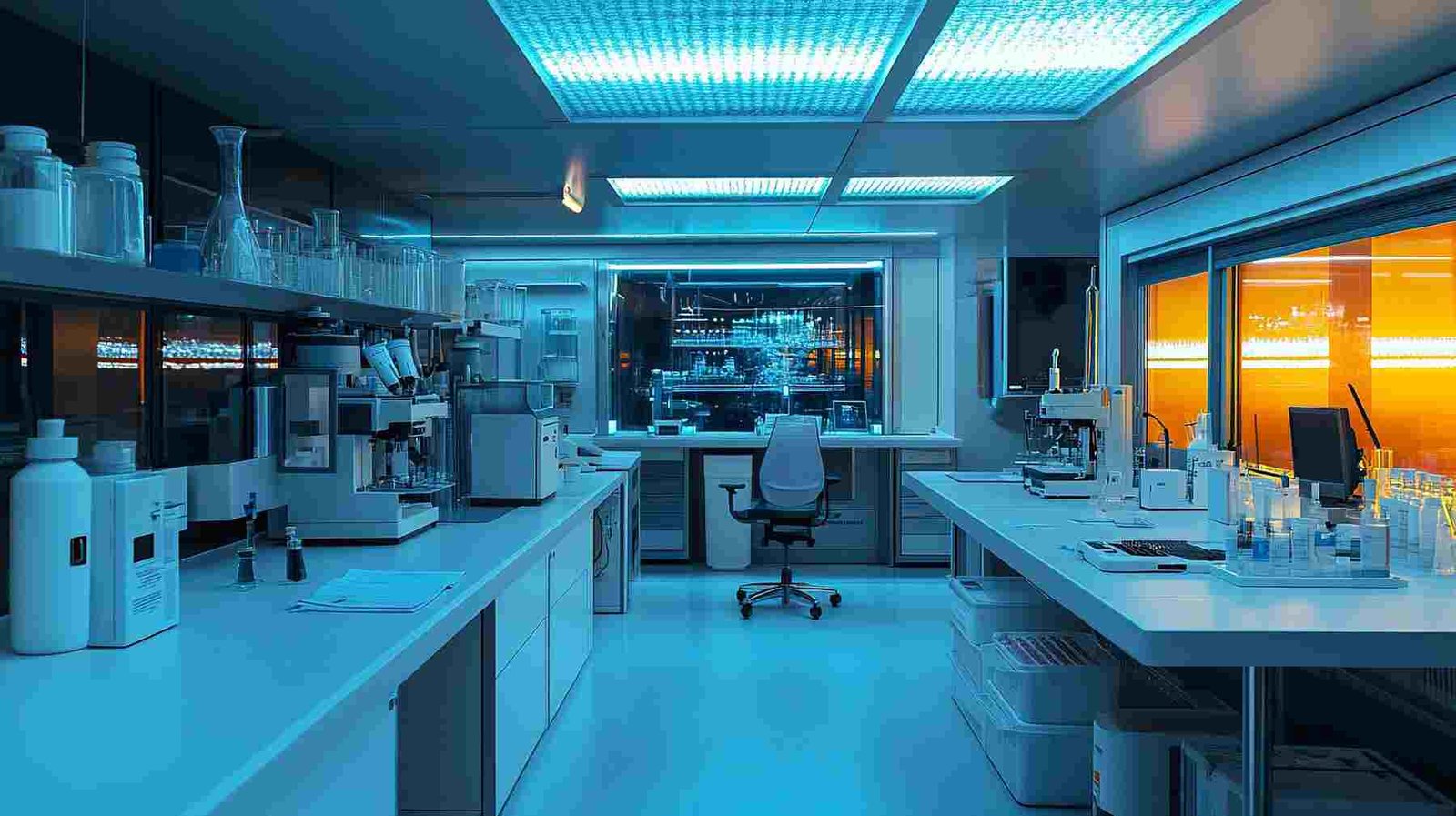
Over the years, scientific research has rapidly evolved due to technological development. This has significantly influenced activities in laboratories. As a result, labs are getting accurate results since technology has influenced how various tests are conducted. Diagnostics and genetic research, significantly enhanced by advanced technology, are among these developments. This article examines significant advances in contemporary laboratory technology and their contribution to scientific advancement.
Table of Contents
ToggleThe Significance of Contemporary Laboratory Instruments
Contemporary laboratory apparatus is crucial for superior research quality. Technology has enabled the minimization of manual labor in numerous laboratory procedures. Automation, digitization, and advanced software would allow researchers to concentrate on data analysis instead of dedicating extensive time to laborious sample preparation and measurements. Consequently, the precision and efficacy of scientific research have significantly enhanced.
The real time PCR machine is a breakthrough that has transformed laboratories, especially in the field of genetics. This instrument facilitates real-time observation of DNA amplification, hence decreasing the duration needed to acquire essential data. Historically, such techniques required days or even weeks; however, contemporary scientists can obtain data within hours, significantly improving the speed and quality of study.
Automation and Artificial Intelligence in Laboratories
Furthermore, automation has profoundly transformed most laboratories reducing human interaction with the machines used. This improves accuracy and precision in the diagnostic process. Robotic systems, automated liquid handlers, and sample processing devices have enhanced the speed and reliability of repetitive processes. Automation diminishes human errors, hence enhancing precision in experiments.
Furthermore, artificial intelligence (AI) is revolutionizing laboratory technology. AI-driven algorithms may evaluate data from diverse studies, yielding insights that may not be readily discernible to human researchers. Machine learning models facilitate outcome prediction, experimental condition optimization, and pattern identification that may result in substantial scientific breakthroughs. Technological developments enable academics to concentrate on creative thinking and formulating new theories, delegating monotonous analysis to computers.
Portable Lab Technologies and Field Research
Recent advances have resulted in the creation of portable lab technologies that are extremely useful in environmental and public health studies. Portable devices allow scientists to conduct tests and collect data in the field rather than just in laboratories. This is especially important when shipping samples back to a laboratory can impair their quality or cause delays.
Digitalization of Laboratories: The Paperless Lab
Another notable trend is the digitization of laboratories. Modern laboratories are progressively going paperless by installing Laboratory Information Management Systems (LIMS). These systems save data in digital formats, making it easy to access, share, and analyze. Digitalization ensures the preservation of research data while eliminating the hazards associated with paper-based systems, such as document misplacement or data loss.
LIMS also improves collaboration among scientists. Researchers from all over the world can use cloud-based data storage to access data, communicate findings, and collaborate on projects without having to be physically there. This has helped to break down boundaries in global research endeavors, foster a variety of thinking, and improve the quality of scientific discoveries.
Technological advances have transformed the modern laboratory into a dynamic and highly efficient environment. The combination of automation, artificial intelligence, portable lab equipment, digitalized systems, and sophisticated imaging has altered how we conduct research. These developments have made scientific investigations faster and more accurate, allowing us to broaden the scope of inquiry beyond typical laboratory settings.
While numerous technical breakthroughs are pushing the limits of what is feasible in research, technologies such as the real-time PCR machine remain vital in diagnostics and genetic studies. Scientists will be better positioned to address our world’s most important concerns and challenges if they embrace these advancements.